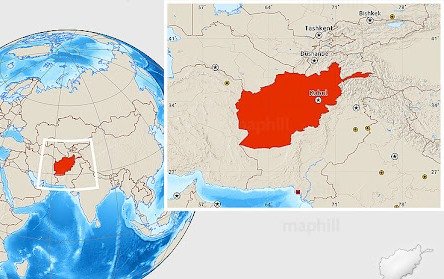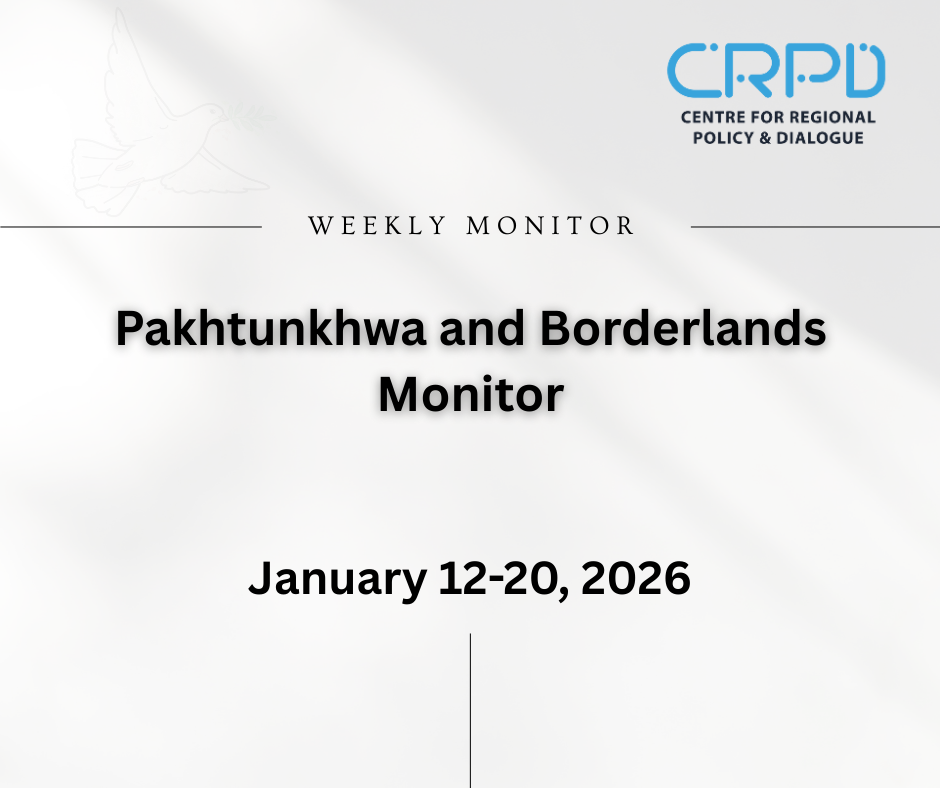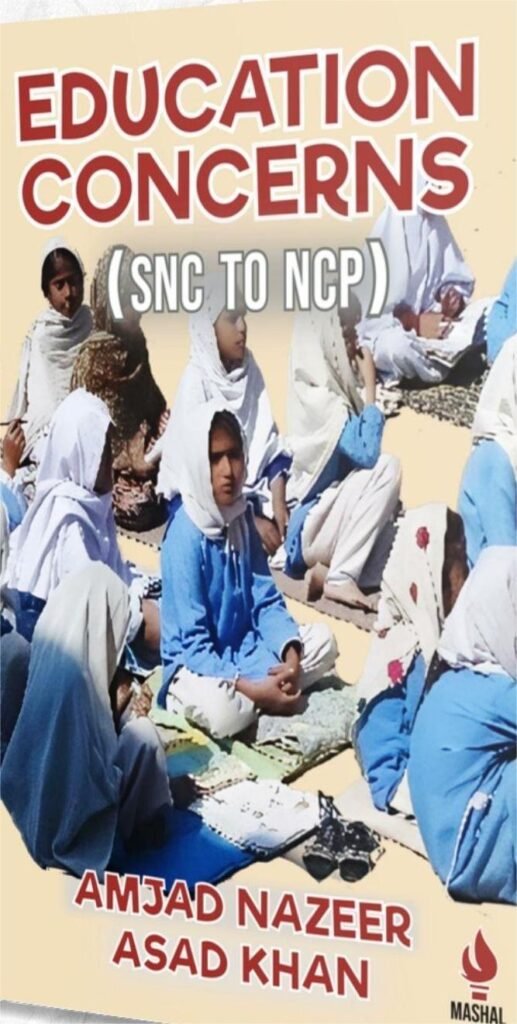(Featured image: map by “maphill” showing shaded relief location of Afghanistan)
Security Situation
More than five attacks were reported mostly in the eastern province of Nangarhar in the Taliban-controlled Afghanistan over the past one week. This shows the threat of the Khorasan chapter of IS looms large in Afghanistan. The Tajik government has also blamed the Taliban for providing arms to the Taliban deployed on border regions with Tajikistan. This indicates countries of the region and the international community are still worried about the conglomerate of the terror organizations presently based in Afghanistan. The security situation is evolving and taking new shapes with the passage of each new day. Uncertainty still prevails in and around Afghanistan in this regard.
Governance and society
From the events in the last week in Afghanistan, we can safely deduce that three major issues continue to aggravate the internal situation in Afghanistan. The first issue is related to the governance of essential social services. Shortage of food items and non-food items has become precarious. The second issue is related to the free movement of the population and rehabilitation of the displaced from the villages to the cities and from towns to other towns. The shortage of food items continues to exacerbate the day to today life in Afghanistan. The third issue is related to justice system and law and order. Targeted killings of professionals, artisans and officials of the previous government have reached to scary proportions.
Trade and Economy
All the functions of trade and economy are still non-existent in Afghanistan. Support in humanitarian aid has been announced by several UN entities but it has yet to be streamlined. Some sort of fruit export on a small scale has just started to Pakistan. Productive market in Afghanistan is still frozen. Markets, including money markets, in Kabul and other big cities continue to face shortages and hurdles in smooth running. A dependent economy like the one in Afghanistan will perhaps take a long time to show some signs of health. The hurdles in economy have greatly impacted smooth functioning of the state including payment of salaries of government employees.
Relations with States and the issue of recognition
Due to the lack of internal and external confidence in the Taliban regime in Kabul, the neighboring states like Pakistan, Iran, Tajikistan and China and the international powers like the US, UK, France, Germany and Russia are still reluctant to recognize the Taliban regime in Afghanistan. The major conditions for recognition—inclusive government, protection of fundamental rights and denial of the land of Afghanistan to be used for terrorism—are yet to be fulfilled. The delay in recognition of the Taliban regime in Afghanistan has substantially affected smooth functioning of the state and the economy of Afghanistan. It has also delayed efforts for rehabilitation and reconstruction in Afghanistan.







